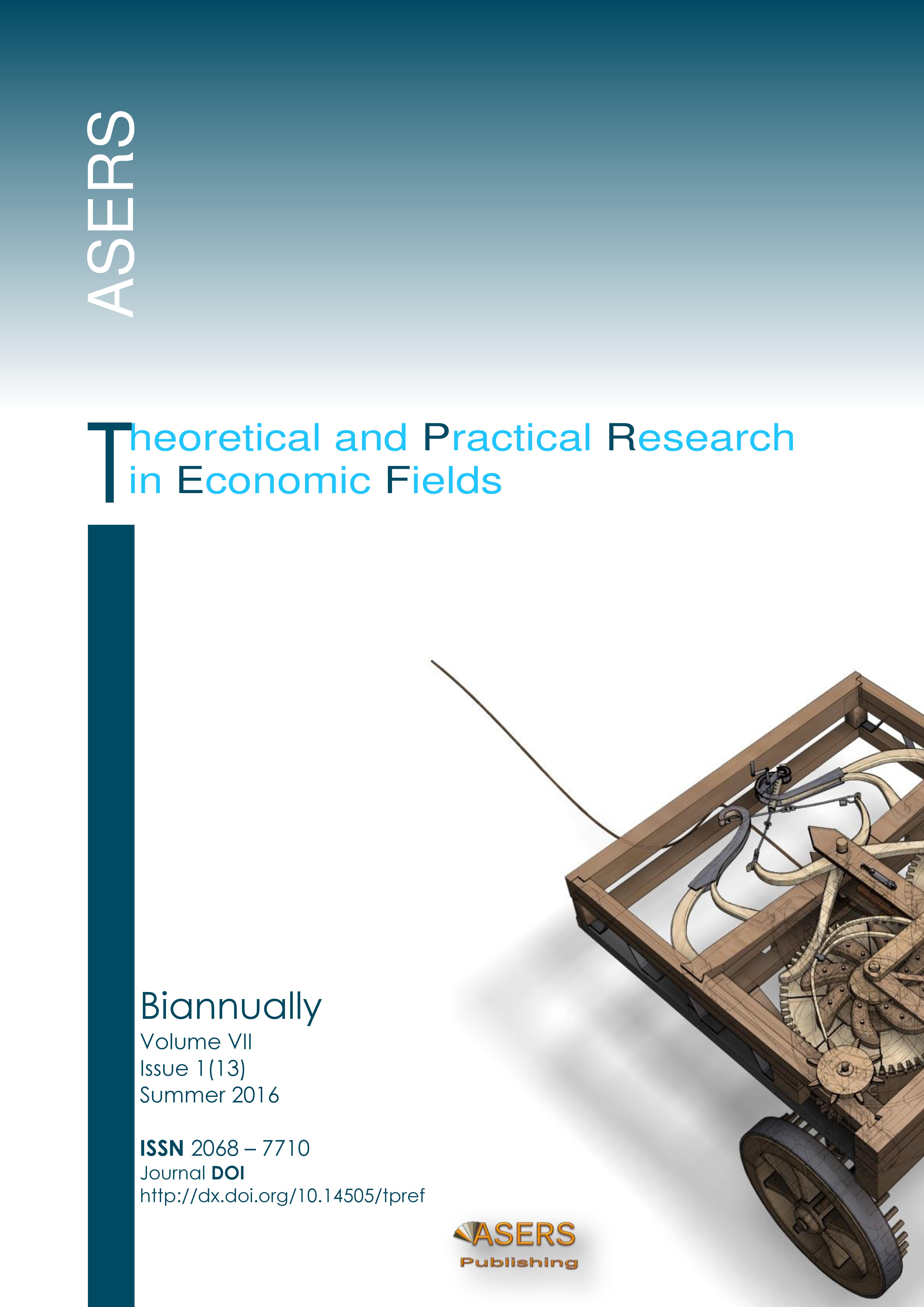Friedman, Monetarism and Quantitative Easing
Friedman, Monetarism and Quantitative Easing
Author(s): Romero Victor OlivoSubject(s): Energy and Environmental Studies
Published by: ASERS Publishing
Keywords: Monetary Policy; Quantitative Easing (QE) programs; Behavioral Macroeconomics
Summary/Abstract: This paper argues that the theoretical origin of Quantitative Easing (QE) programs, as a general concept, clearly linksto Friedman’s (and monetarist) ideas, but that the specific implementation of QE operations to cope with the 2008 financialcrisis does not comply with key principles developed by Friedman. Based on Friedman’s work during the sixties, I contendthat his monetary framework links to QE through what he (and Anna Schwartz) called the “monetary” effects of monetarypolicy and not the portfolio balance effect highlighted by Nelson (2011) and Bernanke (2012). The combination of the“monetary” effects and the stabilizing role of monetary policy should produce QE programs with a path of the monetary base(central bank assets) and M2 that differs dramatically from what transpired under the 2008-2014 QE arrangements based onthe portfolio balance effect.
Journal: Theoretical and Practical Research in Economic Fields (TPREF)
- Issue Year: VII/2016
- Issue No: 13
- Page Range: 11-29
- Page Count: 18
- Language: English
- Content File-PDF

